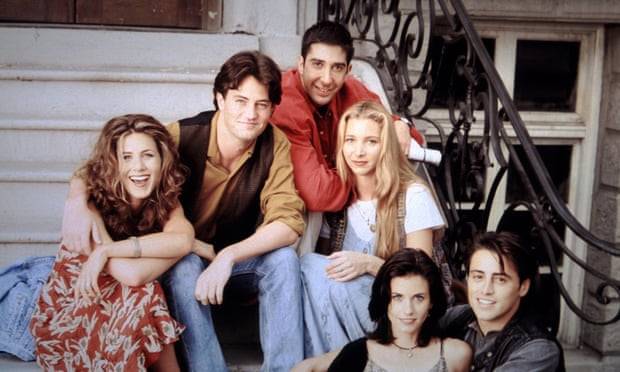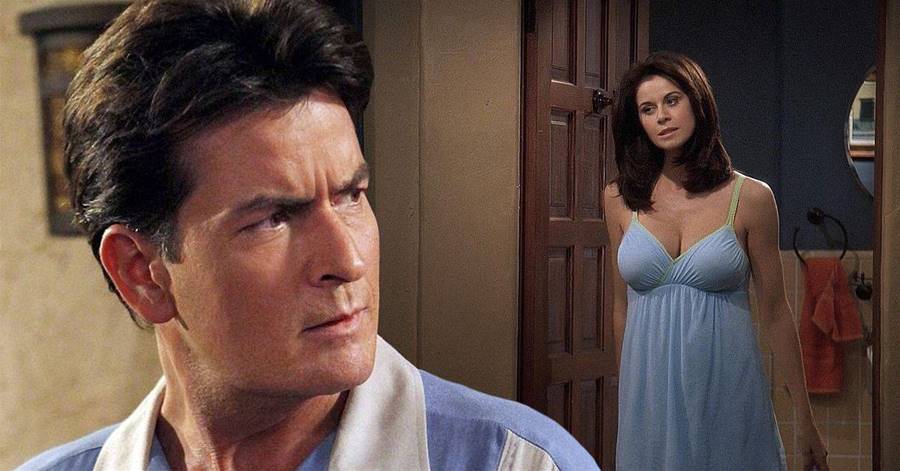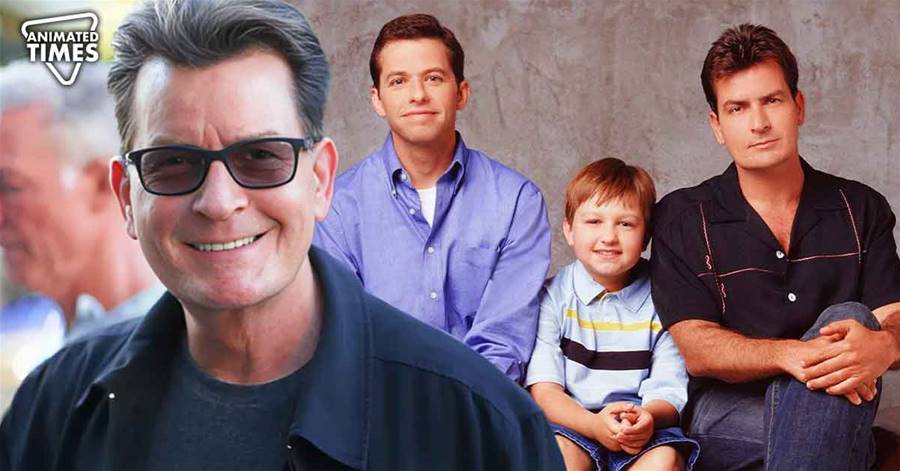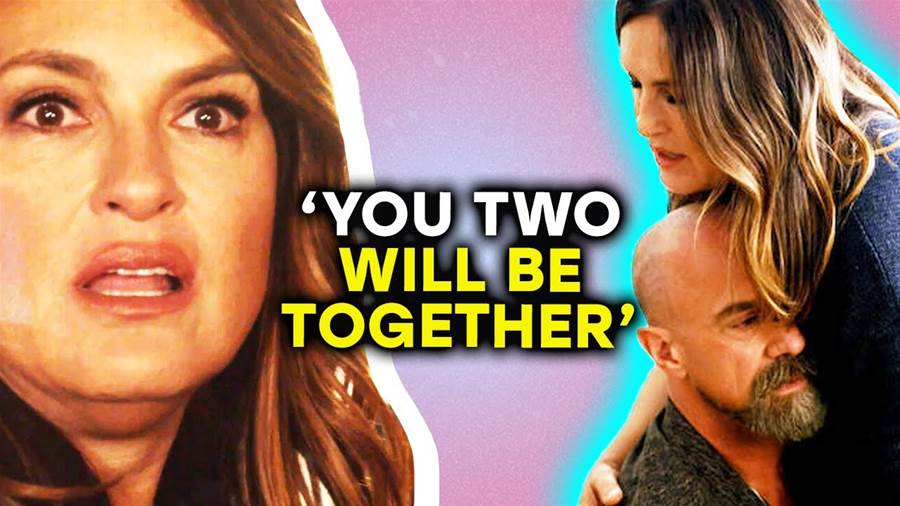
In 2004, Damian Barr, the author of notable books such as "Maggie and Me," published a book called "Get It Together: Surviving Your Quarterlife Crisis." Unlike his other poignant works, this book was a fun and generational howl, questioning how things were supposed to work for young adults. It depicted the dream of life in one's twenties, filled with uncertainty, dead-end jobs, a spacious and lovely apartment, romantic failures turned comedic, and a sense that everything would always turn out fine.
However, cracks were beginning to form in this dream. Barr asked the question: What if the popular sitcom "Friends," which was in its final season at the time, was not an accurate reflection of real life? During the mid-00s, the economic landscape was changing. Wages in the UK had stagnated since 2003, and graduate wages in the US had been declining since 2000. Additionally, health coverage for young employees, both graduates and non-graduates, had been reduced since 2002.
All of this was further exacerbated by the financial crash of 2007-2008, which significantly impacted everyone's financial situation. The carefree attitude that the 90s had associated with youth was no longer true by the mid-00s.
The article is not finished. Click on the next page to continue.



















